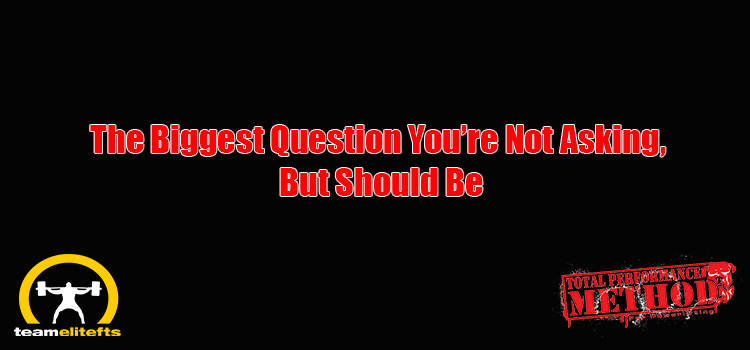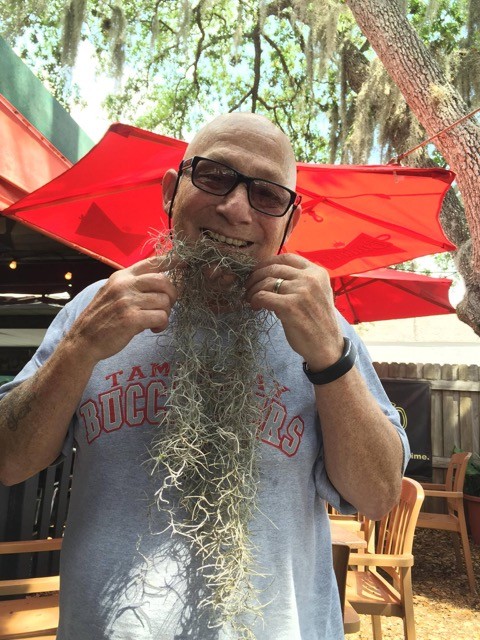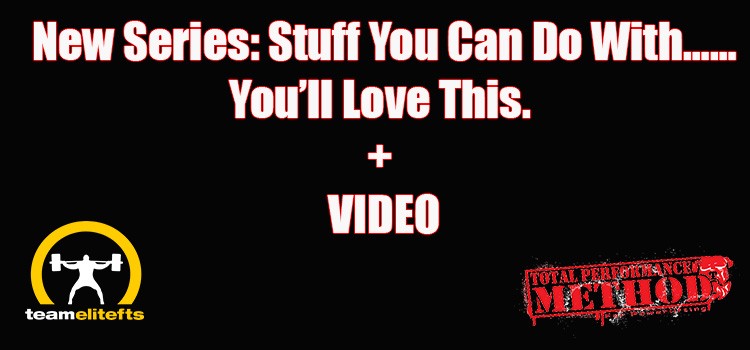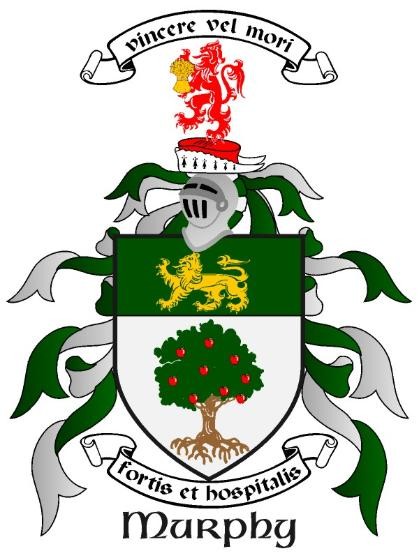
I get asked questions all the time by clients and gym members, and many are great, but it seems there is always one that is missing.
It does get asked in roundabout ways and when I answer it people usually are not receptive.
So what do they ask?
- How do I improve my “x”? (squat, bench, whatever)
- What exercise will build (insert anything)?
- What can I take for more energy in my training?
- What can I take to lose fat?
- What do I take to add muscle mass?
- What exercises can I do to lose fat?
- When will I see my abs?
Sure, many of these aren’t directly powerlifting related, but they do apply.
Having more energy, less fat, more muscle are all things that will help improve your total so indirectly they are powerlifting related. Even if you are not interested in powerlifting, read on.
These are all good questions, but most people want an easy answer, a quick one, or advice on a supplement or piece of gear to add. I am not a fan of giving general advice to a specific question, especially if I know the persona and their habits.
Which is often the case.
The answer I give is often not the one they want.
I think a better question is the Biggest Question You’re Not Asking.
What can I do to improve my health and recovery?
That is the question.
Why?
After over 30 years in this business, I’ve found that most, or at least many are training hard, at least at my gym.
What they do outside the gym is the issue.
- Poor sleep habits.
- Poor nutrition.
- Not enough protein intake.
- Tons and tons of sitting down, especially in the Covid era.
- In adequate hydration.
- Excessive reliance on pre-workout shit.
- And the list goes on.
If we can improve the things I listed above I’m willing to bet that their performance increases overall, and quickly.
Why am I willing to bet that?
Well, because I’ve seen it. And I’ve seen it a lot.
All of the things I listed are major components of recovery from training. Many people consider recovery things like stretching and foam rolling. While those are components of recovery, they pale in importance to my above list.
Getting 8 hours of quality sleep will do wonders for your energy, recovery and ability to gain muscle.
Your body produces Growth Hormone while you sleep. Getting 8 hours of sleep ensures that you are maximizing the time it is being produced, and therefore going to work doing it’s job.
Where do I start on proper nutrition?
I’ll just say what my mentor Dr. Fred Hatfield used to tell people:

A race car needs race gas right?
(Race cars require premium fuel or they run like shit)
You wouldn’t take a race car to the corner gas station and expect it to run right would you?
Your body is the same.
If you give it premium fuel it performs much better.
Fred’s analogy is simple and easy to understand. Eat high quality food in the correct portions for your goals and watch your results skyrocket.
Continuing with the nutrition, in my experience, at least 60% of our clients are eating almost no protein.
30-40 grams a day is very common for me to hear.
That’s not enough for a 12 year old, let alone a lifter.
The ones who listen and increase their protein intake to at least a gram per pound of bodyweight see results. And they see them fast.
Eating this much protein does two things:
- It keeps you full and minimizes your desire to eat crap because you are full.
- It increases your ability to add muscle mass. Adding mass on a low protein diet is damn near impossible.
Why train your ass off and not feed it to recover?

In today’s society we sit a lot. We don’t move.
We are stuck in traffic driving to work where many of us then sit all day.
Our bodies were meant to move. Sitting wreaks havoc on it.
Hips get tight, abs and lower backs get weak.
Shoulders and upper back get rounded over sitting at a desk over a computer.
Here’s a novel idea!
Get up every 30 minutes or so and move around for a few minutes. When you get home, do something, even if you are tired. Just move more.
Proper hydration is critical for peak bodily functions and athletic performance.
There’s been enough written on this subject to fill an entire library so I will just say, make sure you drink plenty of water. Not coffee. Not diet soda.
Water.
A lot of it.
And lastly on the list, over reliance on pre-workout supplements.
I’m not a fan of these, although I was when I was younger.
If you are sleeping, eating and hydrating well, you simply don’t need them.
And, we don’t know what’s in a lot of them.
My best advice, skip them and get some extra sleep and eat some good food.
Do it for three or four weeks and see how you feel.
I’ll bet it’s a whole lot better, and your lifts will go up.
Once you’ve done this for a few months, then come and ask me what the next step is.
Good luck.
Did you miss last week’s log?

Oh, yeah, follow us on Instagram too.
@TPSMalden
@tpsmethod
DM ME QUESTIONS THERE TOO!
You might be featured in a Coaching Log
And @tpsmethod
SHARE THIS!
#bostonsstrongest
Vincere vel mori
C.J. Murphy
October 29, 2020









